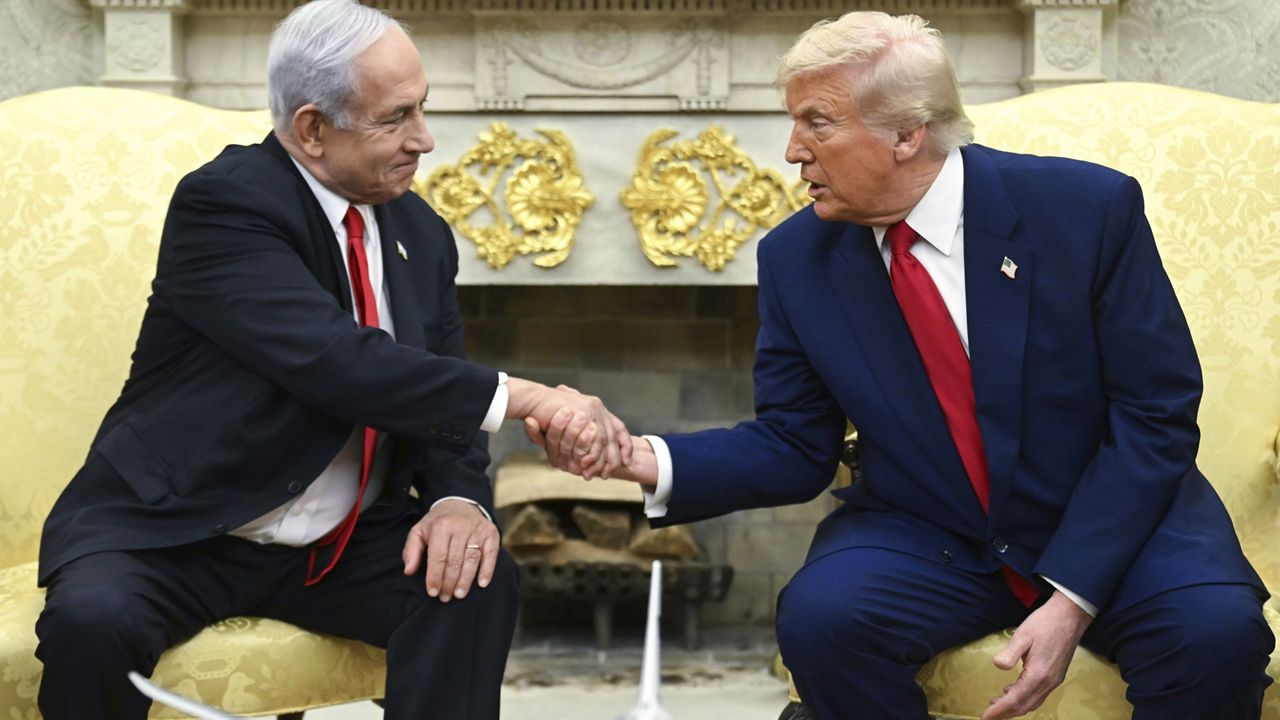WASHINGTON, D.C. — After narrowly averting a government shutdown in late September, Congress now has less than three weeks to pass a budget. However partisan proposals in the House are increasing the chance of more delays and thus a shutdown.
The House has so far passed five of the 12 appropriation bills that would fund the government for a full year.
September’s continuing resolution extended the budget deadline to Nov. 17. Meeting that deadline will be a tall order for newly elected House Speaker Mike Johnson, R-LA., who assumed the position just last week.
Even with an ambitious schedule to pass the remaining seven appropriation bills, Johnson is floating another temporary funding measure to keep the government open until Jan. 15.
“If indeed we come to Nov. 17 and we’re unable to finish that, because it’s detailed work and it takes some time, we’ll look at another stopgap measure,” Johnson told FOX News on Sunday.
Partisan proposals could further hold up a final budget. At least two of the appropriation bills that House Republicans have already passed include deep spending cuts that face opposition from the Democratic-controlled Senate and President Joe Biden.
“It's just political at this point. They're just playing to the most extreme members of the conference,” said Rep. Greg Landsman, D-Ohio. “And that has been so disruptive, that group and the fact that they continue to placate them with these bills, it's not what the American people want. It's not what the Senate wants, including Republicans.”
The Biden administration released memos stating the president would veto the current forms of the appropriation bills for the Departments of Transportation, Housing and Urban Development, and for the Department of the Interior and Environment.
“It's just political at this point. They're just playing to the most extreme members of the conference. And that has been so disruptive, that group and the fact that they continue to placate them with these bills, it's not what the American people want. It's not what the Senate wants, including Republicans.
In recent years Congress has often resolved spending disputes by combining appropriation bills into one omnibus package. Johnson, though, is pushing to debate and pass each of the 12 appropriation bills individually.
Political experts said growing partisanship has led to Congress passing fewer spending bills on time.
“Both parties view the budget as a cudgel that they can use as a weapon against the other party. Especially if it’s divided government, it makes the chances of a budget impasse that much more likely,” said Dave Cohen, professor of political science and director of the Applied Politics Program at the University of Akron. “I think what we’re going to see is that some of the appropriations bills that are easier to pass, like the Defense bill, getting passed, and then there will be battles on some of ones that are a little more political and controversial.”
A shutdown would mean furloughs for a majority of federal workers and would affect a range of services, from Head Start preschool programs to food assistance.
In addition to a budget, congressional Republicans are split over how to address Biden’s emergency funding request for military aid to Ukraine and Israel. That fight is drawing attention and resources away from passing appropriation bills.










